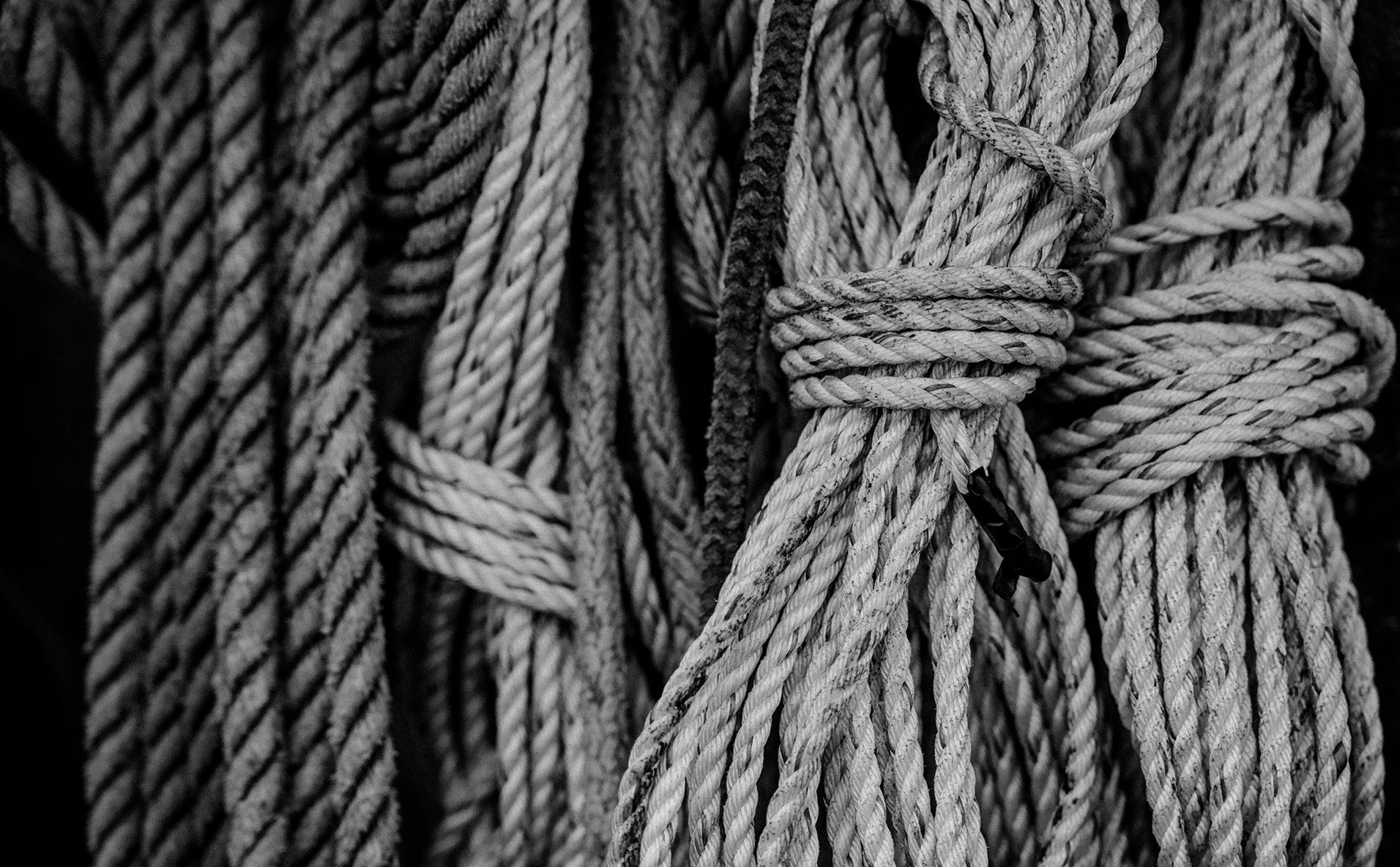By Joe Bundrant, CEO of Trident Seafoods
Late last year, after The New Yorker published an in-depth report highlighting human rights abuses in the Chinese food sector, I reiterated a call for U.S. seafood companies to adopt a zero-tolerance policy when holding suppliers throughout the world accountable on issues related to forced labor.
As highlighted in my statement, unlike many seafood companies, Trident doesn’t rely solely on third-party audits alone to ensure suppliers meet international labor standards. In 2016, the company created a robust Corporate, Social and Responsibility (CSR) program to vet potential suppliers and perform ongoing audits of their operations. This ensures their practices and policies are in line with Trident’s own Supplier Code of Conduct and Human Rights policy.
In regions where the risk of forced labor, inhumane working conditions and “semi-military-style management” is high, preliminary social compliance visits from a member of Trident’s own CSR team occur prior to the company entering a business relationship with the supplier. This in-house program is unique to Trident within the industry and an example of how seriously we take the issue of forced labor.
If a supplier chooses not to partner on improvements to meet and maintain the standards in Trident’s Supplier Code of Conduct or allows egregious labor practices, the result is simple: We refuse to do business with them.
On the issue of forced labor and other human rights abuses, no company, including Trident, should rest on their laurels.
Despite having every confidence in our CSR-driven supplier vetting and auditing process, the human rights abuses highlighted in The New Yorker article act as a wakeup call for the entire U.S. seafood industry to do better. On the issue of forced labor and other human rights abuses, no company, including Trident, should rest on their laurels.
To that end, in the months following the piece in The New Yorker, Trident has suspended trade with one of our China-based suppliers out of an abundance of caution while we conduct an independent investigation into allegations of human rights abuses. Trident is also partnering with an independent third party to provide on-the-ground support. That investigation is ongoing.
Trident is also re-examining its own in-house supplier vetting and auditing process, and we are now doubling down on making the necessary investments and improvements needed to ensure every aspect of our seafood supply chain is compliant to our standards. Our aim is simple: We want to know whether any gaps exist in our auditing process, and if so how to fix them.
At Trident, doing the right thing is one of our core values. That extends to investing substantial resources and conducting on-the-ground audits across supply chains, and immediately severing ties to suppliers who fail to adhere to our Supplier Code of Conduct. Such practices are standard in other industries that rely on foreign manufacturing and processing, and it should be standard practice in the seafood industry as well. It’s what our customers deserve. It’s what consumers deserve. And most importantly, it’s what the people working in seafood processing facilities throughout the world deserve.
